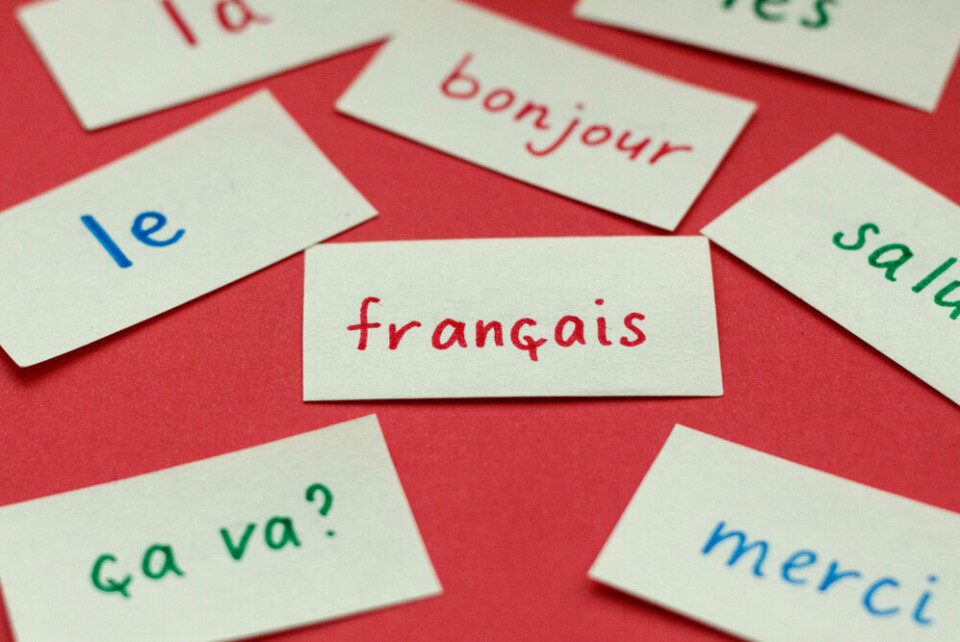-
La Voie Bleue: European Cycle Route of the Year is in France
700km bike path linking Luxembourg and Lyon has been crowned winner of the 2026 title
-
MAP: See how your location in France affects online food shop prices
New analysis shows how your shop compares on average
-
Further sightings of processionary caterpillars in France prompt action from local authorities
Caterpillars have arrived early after mild winter
What are France’s new language level rules to apply for residency?
The recent immigration law requires better language skills for some residency cards and to get French nationality

Language rules for some residency cards and for French nationality have been toughened by the controversial new immigration law.
The changes relate to European language levels A1 to C3 (very basic to expert).
We look at what level is needed.
Read more: New tougher French language rules for immigration: who is affected?
Multi-year cards
Issue of these cards, which last two to four years, will be dependent on showing at least A2 level.
This is equivalent to good ‘basic’ French – understanding common phrases and communicating about simple, routine matters.
At present, no level is obligatory, only taking free lessons if your level is found in a test to be below very basic A1.
Cartes de résident
These 10-year cards will require people to show the higher B1 (lower intermediate) level, rather than, as now, A2.
Nationality
To become French, you will need to show B2 (upper intermediate) rather than B1.
This means being able to understand the main concepts from ‘complex’ texts and communicate spontaneously on a wide range of subjects.
Applicants for nationality and residents’ cards will probably, as now, need to show a diploma at an equivalent level or book to take a state-recognised test, such as the TCF.
It has not yet been confirmed if this will be the same for the multi-year cards.
Read more: French language tests harden: what changes and how to know your level
When will changes come into force?
Readers have asked if these rules will be applied to those who have already submitted applications for French nationality.
The Interior Ministry could not give a definitive response but the new law states that the rules on changes (article 20) will apply “from a date fixed in a decree made with the Conseil d’Etat, and at the latest by January 1, 2026”.
There is no information about whether an earlier date will be set, so if you expect a decision on a nationality application soon, you might not be affected.
Article 20 also says foreign arrivals signing a contrat d’intégration républicaine (CIR) – for example, coming on ordinary employee or self-employment visas – must now not only agree to respect French values themselves but teach them to their children and help them learn French.
It also says the ‘civic’ training applicants receive must now include history and culture and they will have to pass a test on these topics. They can keep retaking the test if they do not pass.
Related articles
A1, C2: What is the CEFR language rating in France?
LIST: what was kept and what was rejected in French immigration law
When do you say ‘un’ après-midi and when ‘une’ après-midi in French?
























